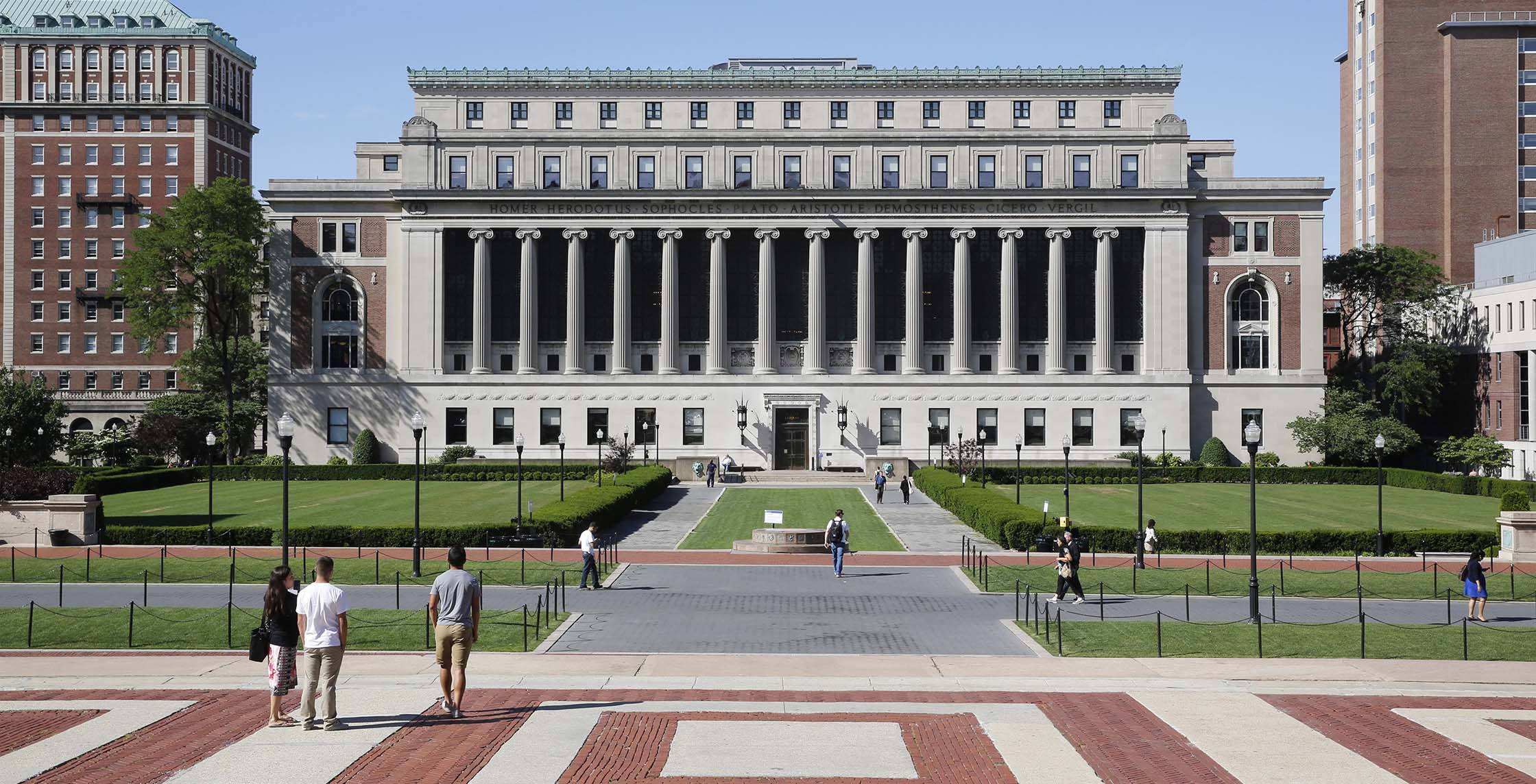Following a summer ravaged by flooding, wildfires, and heatwaves, Columbia University has announced the launch of a $25 million research center to develop the next generation of climate models.
Funded by the National Science Foundation (NSF), the Learning the Earth with Artificial Intelligence and Physics (LEAP) center will train students to work with massive datasets and machine-learning algorithms to provide actionable information to fight climate change.
“Our goal is to harness data from observations and simulations to better represent the underlying physics, chemistry, and biology of Earth’s climate system. More accurate models will help give us a clearer vision of the future,” Columbia Climate School teacher Galen McKinley explained.
Hurricane Ida made one thing clear: we are not prepared for the extreme weather caused by #climatechange. A new climate modeling center is designed to improve climate projections and encourage societies to plan for the inevitable disruptions ahead. https://t.co/lxma2ojvVM @NSF pic.twitter.com/FMT7n3jD0T
— Columbia University (@Columbia) September 9, 2021
Tackling the Climate Prediction Problem
To achieve its mission, the center will create a new discipline merging climate science, data science, and AI, led by Columbia computer science professor Carl Vondrick. The center is also collaborating with Google Cloud and Microsoft to build a platform that will allow researchers to share and analyze data.
More accurate modeling will facilitate looking farther into the future to protect the most vulnerable against natural disasters. “Let’s say I want to know the number of heatwave days in NYC in 2050,” center director Pierre Gentine said. “Some models may say 10 days. Some say 20 days. How are you going to adapt your electrical grid to avoid blackouts?”
The complexity in climate change predictions has long been used as an excuse to put off investments in environmental policies and infrastructure. While all climate change models agree about rising temperatures, they differ on how severe the impacts will be, including which areas will be the worst hit.
To settle this conflict, Columbia researchers will “harness existing algorithms to analyze satellite images and other large-scale observational data missing from today’s models.” This will help to offer more precise projections about climate change.
They will also develop algorithms to make detailed observations and discover cause and effect relationships in the data. Finally, the team will use machine-learning to test their predictions.
Since climate change will affect everyone — that is to say, all cultures and races — the center also said it will make diversity and inclusion central to its research mission.
“Confronting the threat of climate change will require our brightest minds and best technologies,” Columbia Provost Mary Boyce said. “The LEAP center, with its entwined research and education mission, will play a pivotal role in getting us there.”



